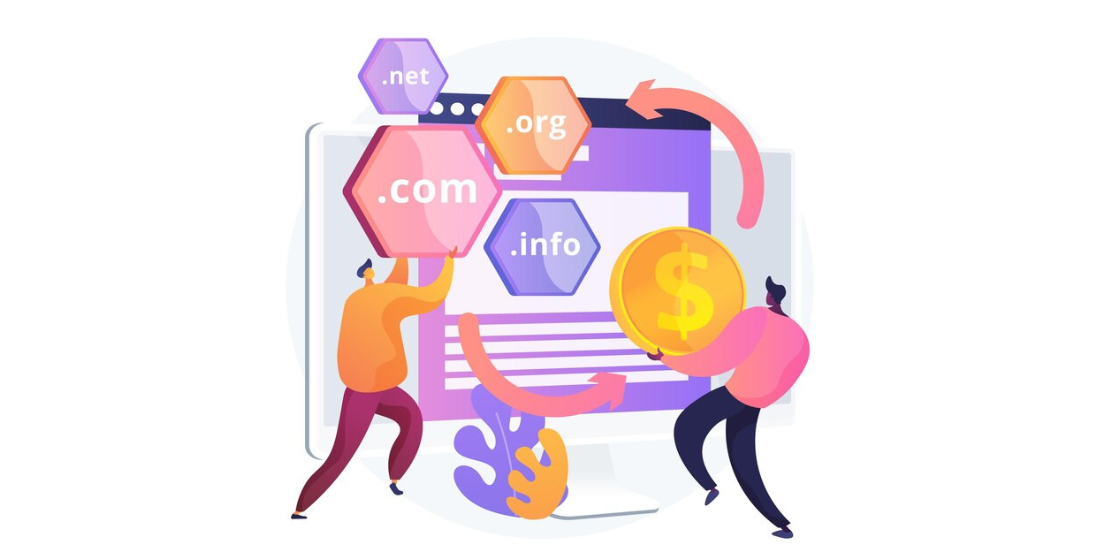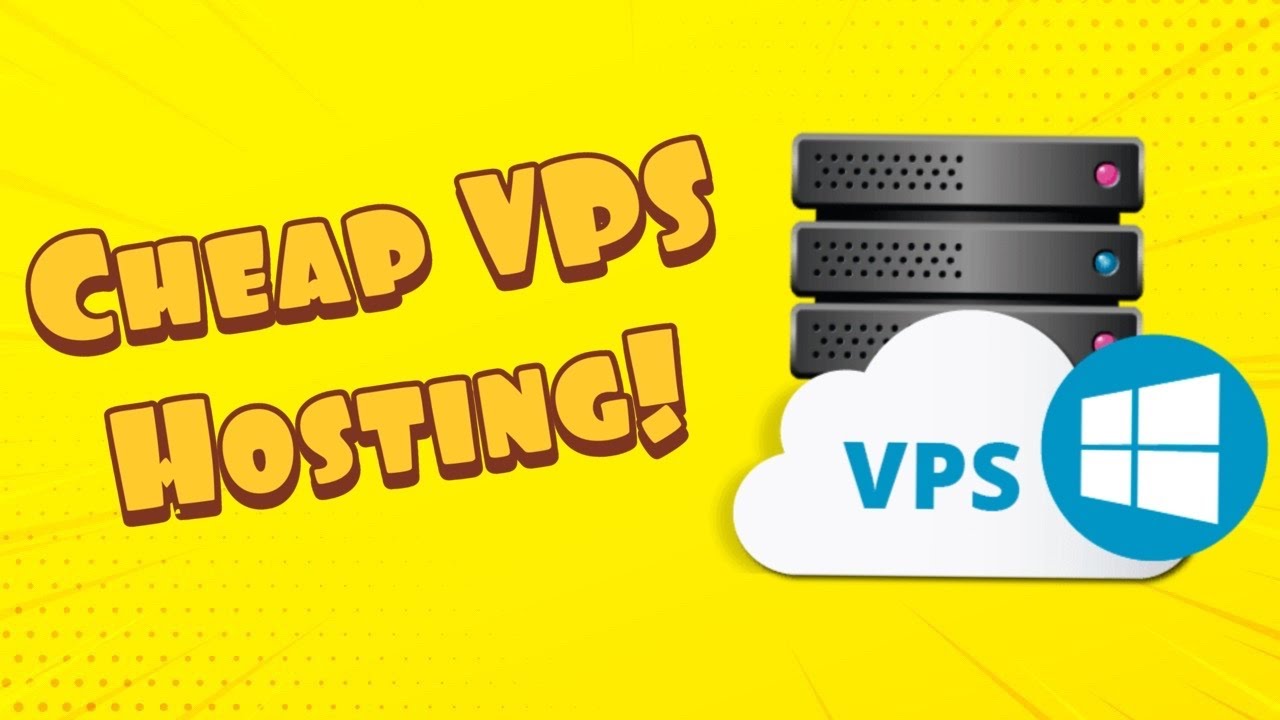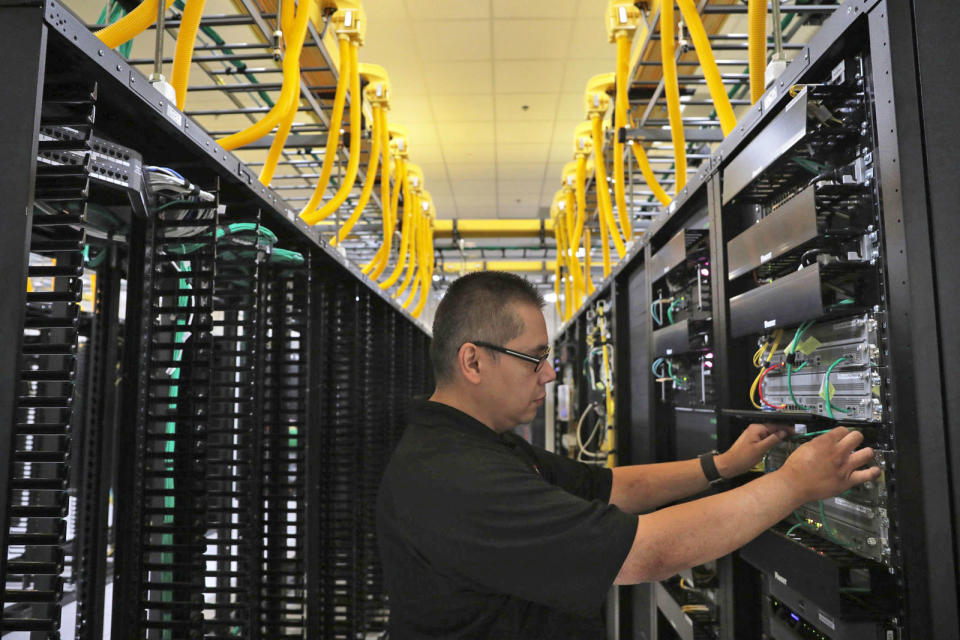VPS vs. RDP: Understanding the Differences & Benefits

Strong 8k brings an ultra-HD IPTV experience to your living room and your pocket.
In today’s digital landscape, businesses and individuals rely on remote hosting solutions for various purposes, from web hosting to remote work. Two common solutions that often come up in discussions are Virtual Private Servers (VPS) and Remote Desktop Protocol (RDP). While both offer remote access to computing resources, they serve different purposes and come with unique advantages.
If you’re searching for Dubai VPS or Dubai RDP, understanding the key differences will help you make an informed decision. In this comprehensive guide, we’ll break down VPS and RDP, their use cases, benefits, and how to choose the right one.
What is a VPS?
A Virtual Private Server (VPS) is a virtualized server that operates within a larger physical server. Unlike shared hosting, a VPS provides dedicated resources, improved performance, and greater control over configurations.
Key Features of VPS:
Dedicated Resources: VPS offers a set amount of CPU, RAM, and storage, ensuring consistent performance.
Full Root Access: Users can install and configure software, modify settings, and manage security policies.
Scalability: VPS can be upgraded as per your needs without requiring a complete server migration.
High Reliability: Unlike shared hosting, VPS ensures better uptime and minimal server load issues.
Common Uses of VPS:
Hosting websites and applications
Running custom scripts and databases
Hosting game servers
Running private VPN services
Managing e-commerce platforms
What is RDP?
Remote Desktop Protocol (RDP) is a Microsoft technology that allows users to remotely access another computer over a network. With RDP, users can operate a remote Windows-based system as if they were physically present at the machine.
Key Features of RDP:
Remote Access: Users can control and manage a remote system from anywhere.
Graphical User Interface (GUI): RDP provides an interactive Windows interface, making it easy to use.
Multi-User Access: Some versions allow multiple users to connect to the same machine simultaneously.
Secure Connections: RDP includes encryption and authentication protocols to protect user data.
Common Uses of RDP:
Remote work and access to office computers
Running trading software and bots
Managing business applications remotely
IT administration and troubleshooting
Key Differences Between VPS and RDP
How to Choose Between VPS and RDP?
Choose VPS If:
You need complete control over your server
You require dedicated resources for high-performance tasks
You are hosting a website or application
You want to run a private VPN or email server
Choose RDP If:
You need remote access to a Windows system
You are using software that requires a Windows GUI
You work remotely and need a secure connection
You need a simple solution without server management responsibilities
Tips for Choosing the Best Dubai VPS & Dubai RDP
Assess Your Needs: Determine if you require a full-fledged server (VPS) or just remote desktop access (RDP).
Check Performance Requirements: Look at CPU, RAM, and storage options.
Consider Security: Ensure that the provider offers robust security measures.
Compare Prices: Balance affordability with performance and reliability.
Choose a Reliable Provider: Opt for a provider with a strong uptime guarantee and customer support.
Scalability: Ensure the service can grow with your needs.
Latency & Speed: If you are in Dubai or serving customers there, choose a provider with data centers in the region.
FAQs About VPS and RDP
1. Can I use RDP on a VPS?
Yes, if you have a Windows VPS, you can use RDP to connect and manage it remotely.
2. Is RDP safe to use?
RDP is safe when used with strong passwords, two-factor authentication, and firewall restrictions.
3. What is better for hosting a website: VPS or RDP?
A VPS is better because it offers full control and dedicated resources.
4. Can I run multiple applications on RDP?
Yes, but performance depends on resource availability and the provider’s limitations.
5. Do I need technical knowledge to use VPS?
Some knowledge is helpful, but managed VPS solutions provide easier management.
6. Is there a difference in cost between VPS and RDP?
Yes, VPS tends to be more expensive as it provides dedicated resources, while RDP is more affordable but shared.
7. Can I install my own software on RDP?
It depends on the provider’s policies. Some restrict installations, while others allow it on dedicated RDP plans.
Conclusion:
Both Dubai VPS and Dubai RDP offer unique advantages, but your choice depends on your specific needs. VPS is ideal for hosting, resource-intensive tasks, and greater control, while RDP is best for remote access and managing applications on a Windows interface.
By considering the factors mentioned in this guide, you can make an informed decision and select the best Dubai VPS or Dubai RDP solution for your needs.
Note: IndiBlogHub features both user-submitted and editorial content. We do not verify third-party contributions. Read our Disclaimer and Privacy Policyfor details.







